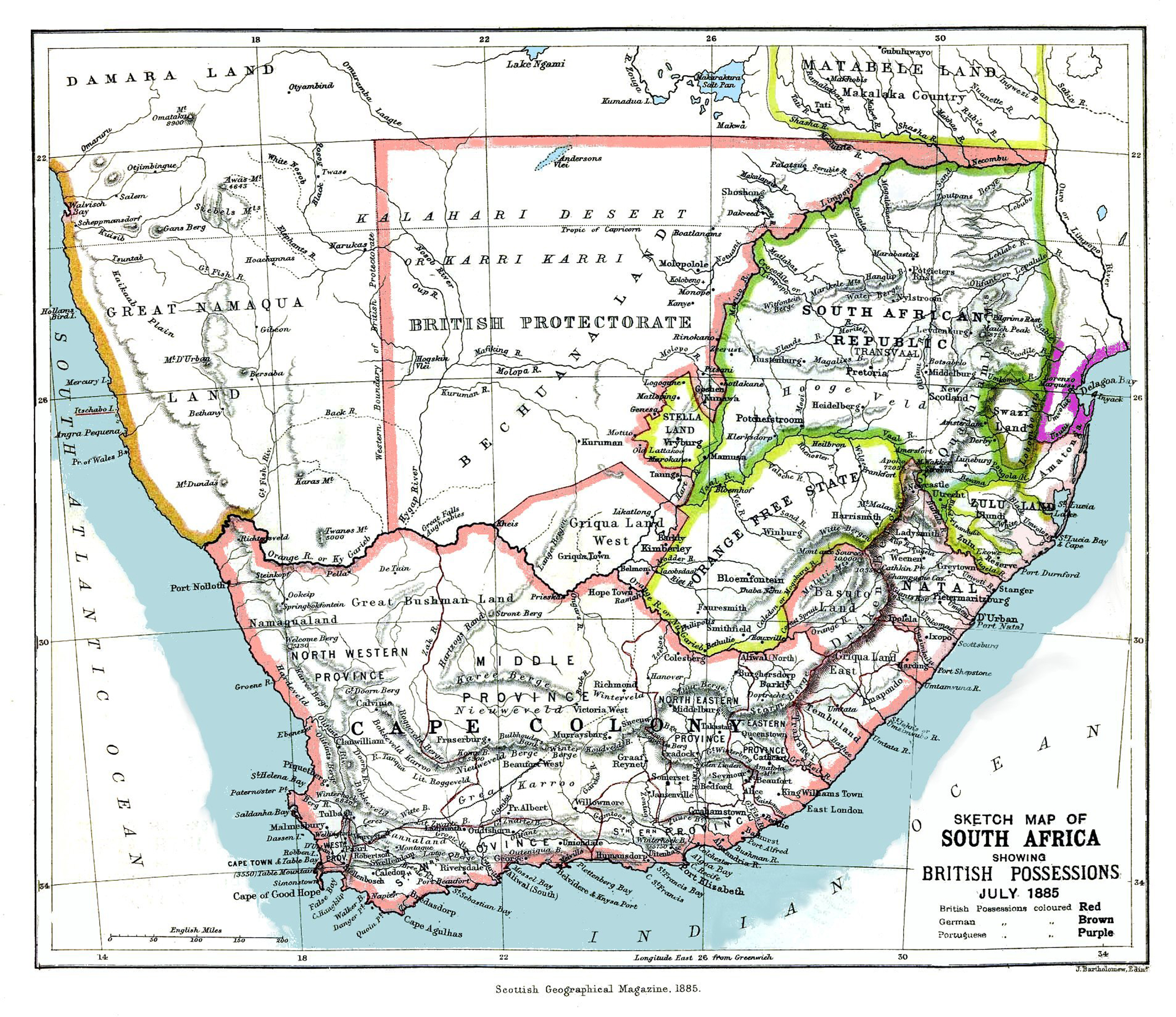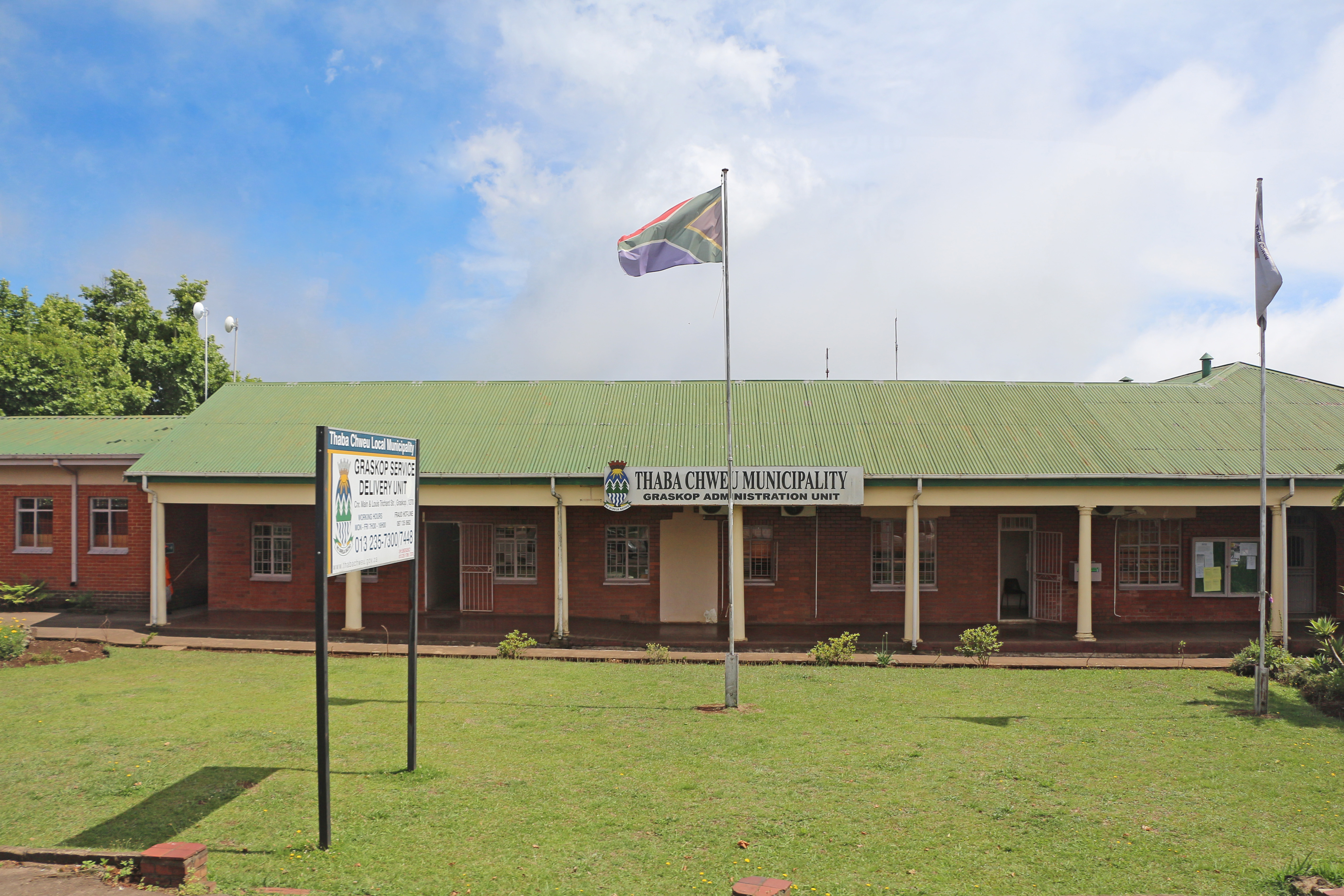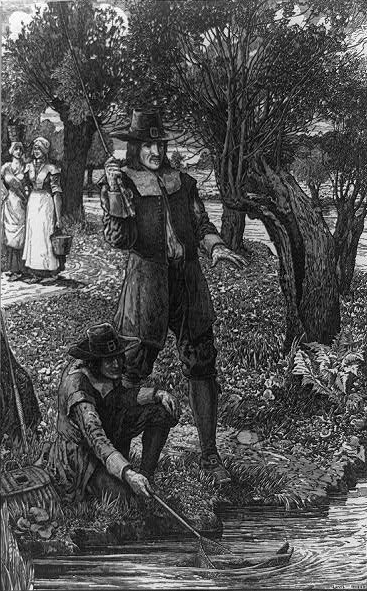|
Lydenburg
Lydenburg, officially known as Mashishing, is a town in Thaba Chweu Local Municipality, on the Mpumalanga highveld, South Africa. It is situated on the Sterkspruit/Dorps River tributary of the Lepelle River at the summit of the Long Tom Pass. It has a long, rich history, ranging from AD 500 to the present. The name is derived from the Dutch ''Lijdenburg'', or "Town of Suffering", and is named for the experiences of the white settlers. In Northern Sotho, Mashishing means "long green grass." Lydenburg has become the centre of the South African fly-fishing industry and is an agricultural, tourism and mining hub. History Lydenburg Heads Dating back to AD 500, the earliest known forms of African Iron Age sculpture below the equator, known as the Lydenburg heads were found in the area. The seven earthenware sculptures of heads and other pottery from the site are intricately decorated and may have been used for ceremonial or initiation purposes. However, this is speculative as there ... [...More Info...] [...Related Items...] OR: [Wikipedia] [Google] [Baidu] |
Lydenburg Heads
The Lydenburg Heads refer to seven terracotta heads that were discovered in association with other pottery artefacts in Lydenburg, Mpumalanga, South Africa. They are among the oldest known African Iron Age artworks from South of the equator. Other artefacts found in association with these heads include ceramic vessels, iron and copper beads, and bone fragments. Charcoal associated with the heads was radiocarbon dated, and this relative dating technique places these artefacts and the site at around 1410 BP (approximately 500 A.D.), which constitutes one of the earliest dates for an Iron Age settlement in South Africa. The heads are hollow with thin clay strips added to create facial details. The skill and thought that went into the designs suggest that they were valued products of a well organized and settled community. Discovery The heads were discovered initially as a surface find by a young boy named Karl-Ludwig von Bezing while playing on his father's farm. The material wa ... [...More Info...] [...Related Items...] OR: [Wikipedia] [Google] [Baidu] |
Bakoni
Bokoni (meaning 'land of the people from the north') was a pre-colonial, agro-pastoral society found in northwestern and southern parts of present-day Mpumalanga province, South Africa. Iconic to this area are stone-walled sites, found in a variety of shapes and forms. Bokoni sites also exhibit specialized farming and long-distance trading with other groups in surrounding regions. Bokoni saw occupation in varying forms between approximately 1500 and 1820 A.D. Etymology Across literature, a number of variants can be seen of Bokoni. These include Bokone, BoKoni, Bakoni, Bakone, and BaKoni. A great deal of debate surrounds terminology regarding Bokoni and its residents. Linguistically, Bokone translates to 'northern region', and translates Bakone to 'people from the north'. BoKoni and BaKoni are no longer considered accurate in their frequent, incorrect depiction of Koni origins. In spite of inaccuracies surrounding the term 'Koni' (having been used to describe an incorrect backgr ... [...More Info...] [...Related Items...] OR: [Wikipedia] [Google] [Baidu] |
Mpumalanga
Mpumalanga () is a province of South Africa. The name means "East", or literally "The Place Where the Sun Rises" in the Swazi, Xhosa, Ndebele and Zulu languages. Mpumalanga lies in eastern South Africa, bordering Eswatini and Mozambique. It constitutes 6.5% of South Africa's land area. It shares borders with the South African provinces of Limpopo to the north, Gauteng to the west, the Free State to the southwest, and KwaZulu-Natal to the south. The capital is Mbombela. Mpumalanga was formed in 1994, when the area that was the Eastern Transvaal was merged with the former bantustans KaNgwane, KwaNdebele and parts of Lebowa and Gazankulu. Although the contemporary borders of the province were only formed at the end of apartheid, the region and its surroundings has a history that extends back thousands of years. Much of its history, and current significance is as a region of trade. History Precolonial Era Archeological sites in the Mpumalanga region indicate settlement b ... [...More Info...] [...Related Items...] OR: [Wikipedia] [Google] [Baidu] |
Bantu Peoples Of South Africa
South African Bantu-speaking peoples are the majority of black South Africans. Occasionally grouped as Bantu, the term itself is derived from the word for "people" common to many of the Bantu languages. The Oxford Dictionary of South African English describes its contemporary usage in a racial context as "obsolescent and offensive" because of its strong association with white minority rule with their apartheid system. However, Bantu is used without pejorative connotations in other parts of Africa and is still used in South Africa as the group term for the language family. History The history of the Bantu-speaking peoples from South Africa has in the past been misunderstood due to the deliberate spreading of false narratives such as ''The Empty Land Myth''. First published by W.A. Holden in the 1860s, this doctrine claims that South Africa had mostly been an unsettled region and that Bantu-speaking peoples had begun to migrate southwards from present day Zimbabwe at the same t ... [...More Info...] [...Related Items...] OR: [Wikipedia] [Google] [Baidu] |
Pedi People
The Pedi or (also known as the Northern Sotho or and the Marota or ) – are a Southern Africa, southern African ethnic group that speak Pedi or ''Sepedi'', a dialect belonging to the Sotho-Tswana peoples, Sotho-Tswana Ethnolinguistic group, enthnolinguistic group. Northern Sotho is a term used to refer to one of South Africa's 11 official languages. Northern Sotho or Sesotho sa Leboa consist of 33 dialects, of which Pedi is one of them. The BaPedi people are almost exclusively found in South Africa's Points of the compass, northeastern Provinces of South Africa, provinces which are Limpopo, and parts of northern Mpumalanga. There is confusion regarding the distinction between BaPedi people, and tribes referred to Northern Sotho (''Basotho ba Lebowa).'' On the one hand, one military explanation is that the BaPedi people became powerful at one point under a powerful king that ruled over a large piece of land. During this period, a powerful army of the BaPedi conquered small ... [...More Info...] [...Related Items...] OR: [Wikipedia] [Google] [Baidu] |
Bapedi
The Pedi or (also known as the Northern Sotho or and the Marota or ) – are a southern African ethnic group that speak Pedi or ''Sepedi'', a dialect belonging to the Sotho-Tswana enthnolinguistic group. Northern Sotho is a term used to refer to one of South Africa's 11 official languages. Northern Sotho or Sesotho sa Leboa consist of 33 dialects, of which Pedi is one of them. The BaPedi people are almost exclusively found in South Africa's northeastern provinces which are Limpopo, and parts of northern Mpumalanga. There is confusion regarding the distinction between BaPedi people, and tribes referred to Northern Sotho (''Basotho ba Lebowa).'' On the one hand, one military explanation is that the BaPedi people became powerful at one point under a powerful king that ruled over a large piece of land. During this period, a powerful army of the BaPedi conquered smaller tribes, and proclaimed paramountcy over them. On the other hand, another explanation is that after the decl ... [...More Info...] [...Related Items...] OR: [Wikipedia] [Google] [Baidu] |
Long Tom Pass
Long Tom Pass is a mountain pass on the Great Escarpment situated in the Mpumalanga province, on the R37 regional route between Lydenburg and Sabie (South Africa). It is named after the Long Tom cannon. Route The route up Long Tom Pass starts at 1456m and climbs 682 vertical metres to an altitude of 2138m at its end. The summit of the pass lies at an altitude of 2150m. The pass is part of the Mpumalanga Panorama Route and carries appropriately heavy traffic both tourist and commercial. The pass is prone to heavy mist and can be dangerous in low visibility conditions. Long Tom Monument A monument commemorating the last use of the Boer 155 mm Creusot Long Tom guns during the Second Boer War is located in the pass, about from Sabie Sabie is a forestry town situated on the banks of the Sabie River in Mpumalanga, South Africa. The name Sabie is derived from the siSwati word "Ulusaba" which means "fearful river" because the river was once teeming with dangerous Nile croc ... [...More Info...] [...Related Items...] OR: [Wikipedia] [Google] [Baidu] |
Thaba Chweu Local Municipality
Thaba Chweu Local Municipality, is a municipality of South Africa, located in the Ehlanzeni District Municipality, Mpumalanga. Main places The 2001 census divided the municipality into the following main places: Politics The municipal council consists of twenty-seven members elected by mixed-member proportional representation. Fourteen are elected by first-past-the-post voting in fourteen wards, while the remaining thirteen are chosen from party lists so that the total number of party representatives is proportional to the number of votes received. In the election of 1 November 2021 the African National Congress (ANC) won a majority of sixteen seats on the council. The following table shows the results of the election. By-elections from November 2021 The following by-elections A by-election, also known as a special election in the United States and the Philippines, a bye-election in Ireland, a bypoll in India, or a Zimni election ( Urdu: ضمنی انتخا� ... [...More Info...] [...Related Items...] OR: [Wikipedia] [Google] [Baidu] |
South Africa
South Africa, officially the Republic of South Africa (RSA), is the southernmost country in Africa. It is bounded to the south by of coastline that stretch along the South Atlantic and Indian Oceans; to the north by the neighbouring countries of Namibia, Botswana, and Zimbabwe; and to the east and northeast by Mozambique and Eswatini. It also completely enclaves the country Lesotho. It is the southernmost country on the mainland of the Old World, and the second-most populous country located entirely south of the equator, after Tanzania. South Africa is a biodiversity hotspot, with unique biomes, plant and animal life. With over 60 million people, the country is the world's 24th-most populous nation and covers an area of . South Africa has three capital cities, with the executive, judicial and legislative branches of government based in Pretoria, Bloemfontein, and Cape Town respectively. The largest city is Johannesburg. About 80% of the population are Black South Afri ... [...More Info...] [...Related Items...] OR: [Wikipedia] [Google] [Baidu] |
Khoe-San
Khoisan , or (), according to the contemporary Khoekhoegowab orthography, is a catch-all term for those indigenous peoples of Southern Africa who do not speak one of the Bantu languages, combining the (formerly "Khoikhoi") and the or ( in the Nǁng language). The San were formerly called Bushmen, (from Afrikaans ''Boesmans'' from nl, Boschjesmens); and the were formerly known as " Hottentots", speculated to be a Dutch onomatopoeic term referring to the click consonants prevalent in the Khoekhoe languages. However there is no evidence of this etymology."A very large number of different etymologies for the name have been suggested ... The most frequently repeated suggestion ... is that the word was a spec. use of a formally identical Dutch word meaning ‘stammerer, stutterer’, which came to be applied to the Khoekhoe and San people on account of the clicks characteristic of their languages. However, evidence for the earlier general use appears to be lacking. Another f ... [...More Info...] [...Related Items...] OR: [Wikipedia] [Google] [Baidu] |
Post-office Box
A post office box (commonly abbreviated as P.O. box, or also known as a postal box) is a uniquely addressable lockable box located on the premises of a post office. In some regions, particularly in Africa, there is no door to door delivery of mail; for example, in Kenya. Consequently, renting a PO box has traditionally been the only way to receive mail in such countries. Generally, post office boxes are rented from the post office either by individuals or by businesses on a basis ranging from monthly to annual, and the cost of rent varies depending on the box size. Central business district (CBD) PO boxes are usually more expensive than rural PO boxes. In the United States, the rental rate used to be uniform across the country. Now, however, a postal facility can be in any of seven fee groups by location; in addition, certain customers qualify for free box rental, usually because the Postal Service does not offer carrier-route delivery to their physical addresses. In the ... [...More Info...] [...Related Items...] OR: [Wikipedia] [Google] [Baidu] |
Fly-fishing
Fly fishing is an angling method that uses a light-weight lure—called an artificial fly—to catch fish. The fly is cast using a fly rod, reel, and specialized weighted line. The light weight requires casting techniques significantly different from other forms of casting. The flies may resemble natural invertebrates, bait-fish, or other food organisms. Fly fishing can be done in fresh or saltwater. North Americans usually distinguish freshwater fishing between cold-water species (trout, salmon) and warm-water species, notably bass. In Britain, where natural water temperatures vary less, the distinction is between game fishing for trout and salmon versus coarse fishing for other species. Techniques for fly fishing differ with habitat (lakes and ponds, small streams, large rivers, bays and estuaries, and open ocean.) Author Izaak Walton called fly fishing "The Contemplative Man's Recreation". Overview In fly fishing, fish are caught by using artificial flies that are ... [...More Info...] [...Related Items...] OR: [Wikipedia] [Google] [Baidu] |




.jpg)

